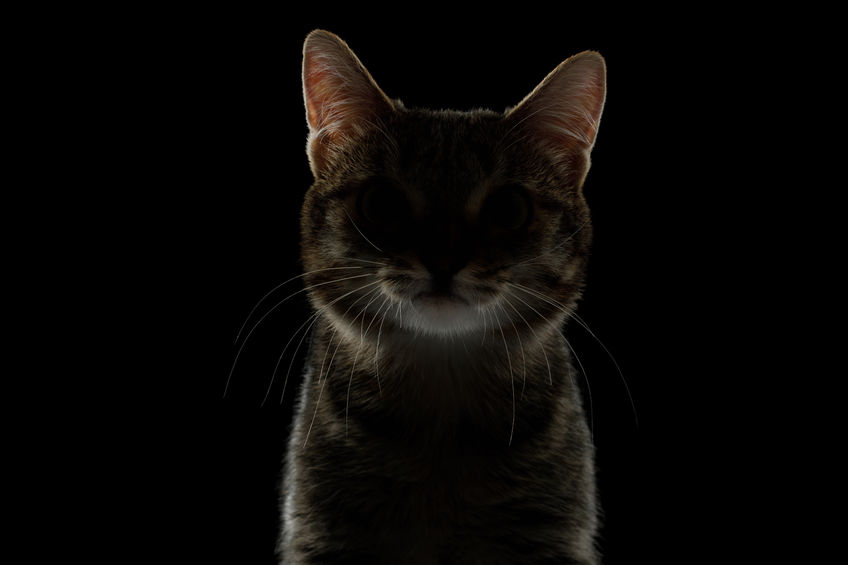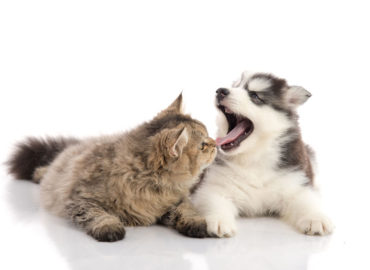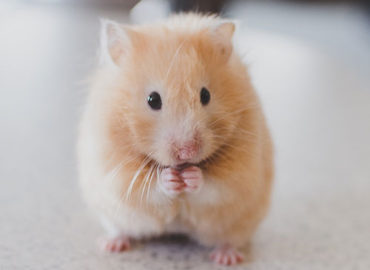The Cat Conundrum
The Cat Conundrum
Unlike dogs or people our feline friends are not socially obligate. This doesn’t mean that they cannot form significant relationships with other cats, people or dogs, rather that they don’t necessarily need them to survive and that they readily adapt to a solitary lifestyle.
Choose the right kitten
The main socialisation period for cats is between 2 and 7 weeks so most of the good work [or damage] is done at the breeders or carers house. Ideally, select kittens from a rearing environment which has performed short but frequent sessions of passive handling, lifting, gentle restraint and touching all over every day.
Normal Feline Behaviour
Feline social interactions are characterised by high frequency, low intensity interactions. Some cats have a very low requirement for social contact and, to them, their human’s preferred greeting of picking them up for a cuddle feels oppressive and restrictive. Our kitty control freaks would prefer to initiate ALL interactions. Apart from cuddles our pet cats do require; free and immediate access to food, water, toilet and sleeping area; privacy, and the ability to escape from or avoid potential stress.
Cats like to get high
When faced with a stressor, cats like to seek an elevated hidey hole [avoidance], preferably one with separate exit and entry points. Desks, tables, the tops of shelves, cupboards or dressers all make ideal cat resting places. The provision of multiple high escape points can be particularly helpful in high stress multi-cat households.
They prefer a table for one
Being socially non-obligate cats prefer eating alone in a place away from windows, glass doors and their source of water. Ideal separate water bowls are large, non-plastic and filled to the top with a visible meniscus.
Ability to perform normal behaviours
Cats love to hunt, play and scratch. At Milton Village Vet we recommend keeping your feline friends 100% indoors, so these requirements will need to be met by the owner(s) with toys, play, interaction and scratching poles.
Early age desexing is ideal
Milton Village Vet now recommends desexing of kittens at 4 months of age. Specialist Veterinary Behaviourists say it keeps them in the, preferred, “fun kitten” behavioural mindset.







